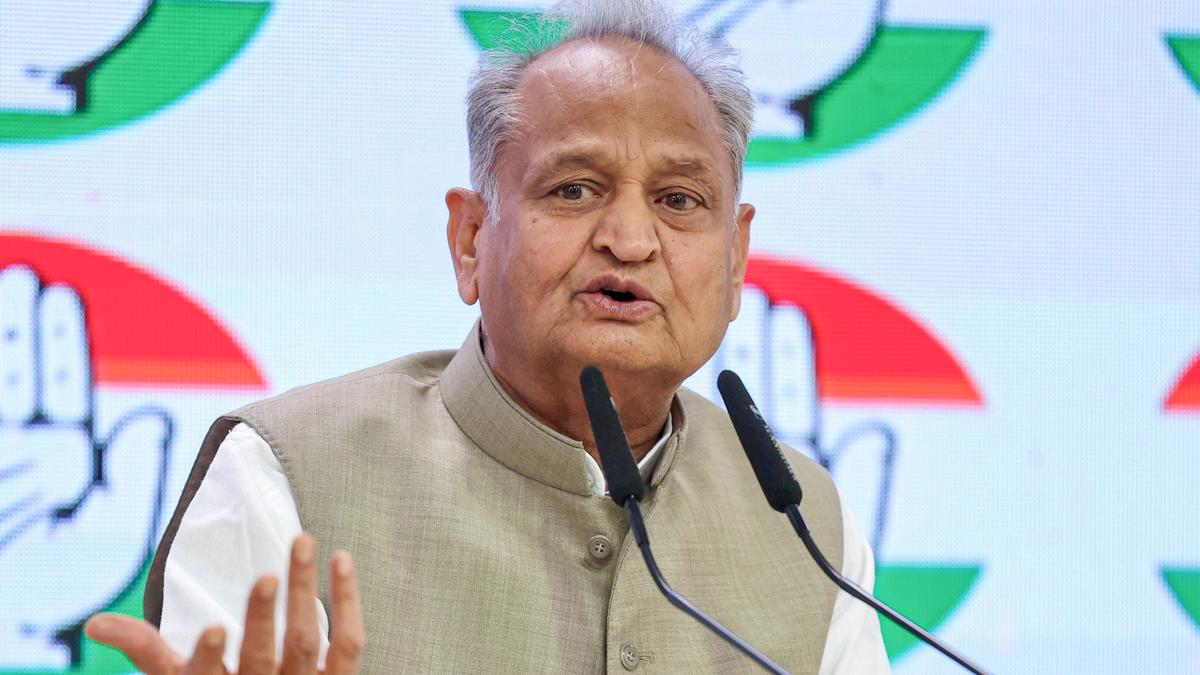ARTICLE AD BOX
Last Updated:July 18, 2025, 02:59 IST
Section 319 of the CrPC empowers the court to proceed against anyone, even if not cited as an accused, based on evidence or trial that reveals the person's complicity

The SC said the provision imposes a duty on the court to ensure the real culprit does not go unpunished, as part of a fair trial. (Image: PTI/File)
The Supreme Court has ruled that the power under Section 319 Code of Criminal Procedure should be exercised sparingly. If evidence, however, reveals the involvement of the prospective accused, it becomes obligatory for the authority to use this power.
A bench of Justices Sanjay Karol and Joymalya Bagchi allowed an appeal by Shiv Baran, the complainant in his brother’s 2017 murder case, against the Allahabad High Court’s order. The high court had set aside the summons issued against Rajendra Prasad Yadav, despite him being named in the FIR and not charged by the police.
Section 319 of the Code of Criminal Procedure (CrPC) empowers the court to proceed against anyone, even if not cited as an accused, based on evidence collected during the inquiry or trial that reveals the person’s complicity.
“The object is to ensure that no guilty person should be allowed to escape the process of law, which is based on the doctrine of judex damnatur cum nocens absolviture (judge is condemned when guilty is acquitted)," the bench observed.
The bench stated that the provision imposes a duty on the court to ensure the real culprit does not go unpunished, as part of a fair trial. “The power to be exercised, needless to add, is to be with utmost caution and not in a casual, callous or cavalier manner – for the same is only to advance the cause of justice and not be a tool to harass the individual or result into an abuse of the process of law," it said.
During the trial, prosecution witnesses revealed the role of the prospective accused. The HC said a person cannot be summoned as an accused without strong motive evidence. In the absence of cogent material indicating the accused’s complicity, the trial court committed an error in its order.
The court highlighted that the Constitution bench in Hardeep Singh Vs State of Punjab (2014) held that the court need not wait for evidence against the proposed accused to be tested by cross-examination.
The test of satisfaction laid down in Hardeep Singh was reiterated by the court in Labhuji Amratji Thakor Vs State of Gujarat (2019), requiring more than a prima facie case at the time of framing charges but less than the satisfaction warranting conviction.
The bench said under this section, the court could proceed against a person named in the FIR but not implicated by the investigating officer in the chargesheet, provided statutory mandates are fulfilled.
The principles the trial court should follow while exercising power under this section include:
- This provision protects victims and society at large, ensuring perpetrators do not escape the force of law;
- It is the court’s duty to ensure the guilty are not unpunished;
- The trial court’s power is broad but not unbridled, exercised only based on evidence adduced before it;
- The trial court can summon a person not named in the FIR or chargesheet if the evidence adduced implicates him;
- This power should not be used regularly or cavalierly, only with strong or cogent evidence beyond mere probability;
- The degree of satisfaction required is stricter than the prima facie case needed at the time of framing charges;
- The court should not conduct a mini-trial at this stage, focusing on whether ‘such person could be tried’ rather than ‘should be tried’.
Reverting to the case facts, the bench noted evidence from three alleged eyewitnesses suggested Rajendra’s involvement, showing he was present at the scene armed with a stick.
“The high court tried to apply the same standard in deciding this application as is ordinarily used at the end of the trial in determining the conviction or otherwise of the accused. Whereas it ought to have considered that the standard of satisfaction required is short of the standard necessary for passing a final judgment after trial," the bench said.
The court noted that Rajendra, although not charge-sheeted, was named in the FIR, and the evidence thus far suggests his involvement. At this stage, sufficient material exists to put him on trial, with his conviction to be determined by a full inquiry at the trial’s end. Commenting on his conviction now would be premature.
The first informant specifically mentioned Rajendra as one who came with others, sharing common intent, abusing and beating, causing his brother’s death and serious injuries to others.
“In our considered view, the High Court proceeded to conduct a mini trial solely relying upon the affidavits submitted before the Superintendent of Police qua the innocence of respondent No.2. It erred in giving a categorical finding on the merits of PW1, the injured eyewitness not to have named respondent No.2, which we find is based on erroneous assumption and contrary to the factual position emerging from the record," the bench said.
It observed that the HC erred in noting witnesses stated nothing about the crime’s motive, were silent on common intention, absence of the incident’s sequence, and who the aggressor was.
“All these questions, amongst others, are relevant or not is a matter to be considered at the stage of final adjudication," it said, setting aside the HC order and restoring the summons issued against the respondent no 2.
The court directed the parties to appear before the trial court on August 28 to fully cooperate and avoid unnecessary adjournments. The trial was expedited to be completed within 18 months.

Sanya Talwar, Editor at Lawbeat, has been heading the organisation since its inception. After practising in courts for over four years, she discovered her affinity for legal journalism. She has worked previousl...Read More
Sanya Talwar, Editor at Lawbeat, has been heading the organisation since its inception. After practising in courts for over four years, she discovered her affinity for legal journalism. She has worked previousl...
Read More
- Location :
- First Published:
News india 'Use Sparingly, Obligatory With Strong Evidence': SC On CrPC Section For Prospective Accused
Disclaimer: Comments reflect users’ views, not News18’s. Please keep discussions respectful and constructive. Abusive, defamatory, or illegal comments will be removed. News18 may disable any comment at its discretion. By posting, you agree to our Terms of Use and Privacy Policy.



.png)
.png)
.png)
















 3 hours ago
5
3 hours ago
5









 English (US) ·
English (US) ·